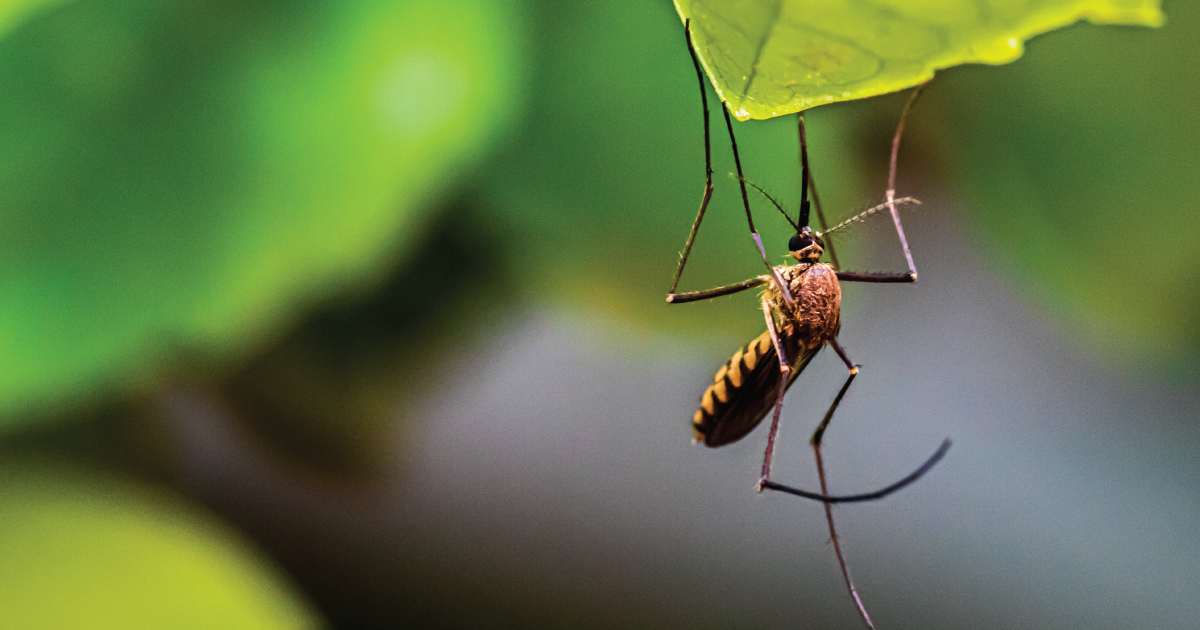
Mosquitoes Exposed to Glyphosate More Likely To Spread Malaria
The chemical compound glyphosate, the world’s most widely used herbicide, can weaken the immune systems of insects, suggests a study, published in PLoS Biology, May 12 from researchers at the Johns Hopkins Bloomberg School of Public Health. Glyphosate is the active ingredient in Roundup, a popular U.S. brand of weedkiller products.
May 26, 2021 | Source: Sustainable Pulse | by
The chemical compound glyphosate, the world’s most widely used herbicide, can weaken the immune systems of insects, suggests a study, published in PLoS Biology, May 12 from researchers at the Johns Hopkins Bloomberg School of Public Health. Glyphosate is the active ingredient in Roundup, a popular U.S. brand of weedkiller products.
The researchers investigated the effects of glyphosate on two evolutionarily distant insects, Galleria mellonella, the greater wax moth, and Anopheles gambiae, a mosquito that is an important transmitter of malaria to humans in Africa. They found that glyphosate inhibits the production of melanin, which insects often use as part of their immune defenses against bacteria and parasites — it thereby reduces the resistance of these species to infection by common pathogens.
The findings were published online May 12 in in PLoS Biology.
“The finding that glyphosate appears to have an adverse effect on insects by interfering with their melanin production suggests the potential for a large-scale ecological impact, including impacts on human health,” says study co-first author Daniel Smith, a PhD candidate in the laboratory of Arturo Casadevall MD, PhD, Alfred and Jill Sommer Professor and Chair of the Department of Molecular Microbiology and Immunology at the Bloomberg School.
